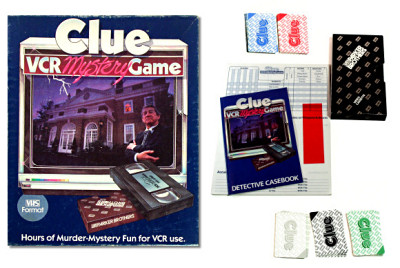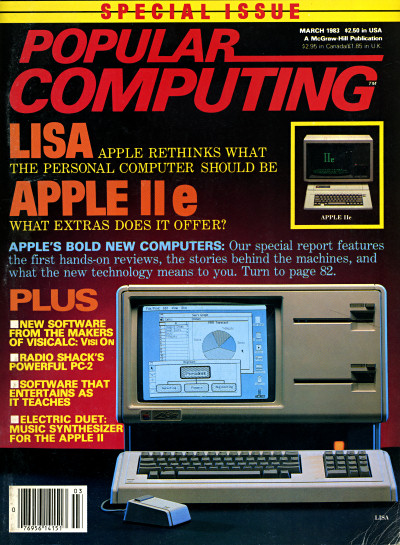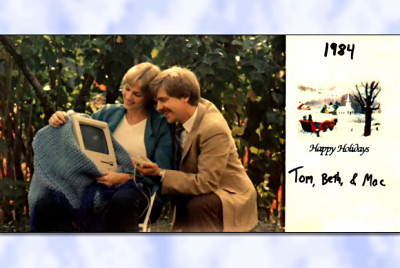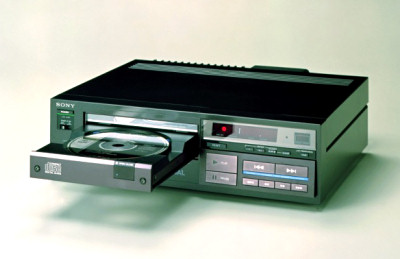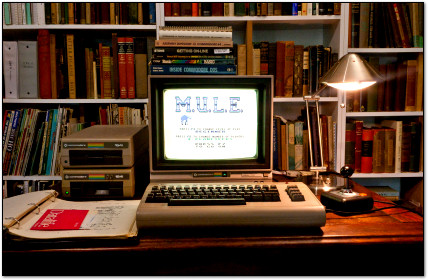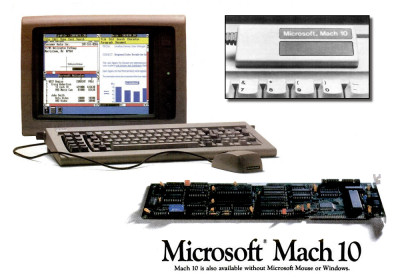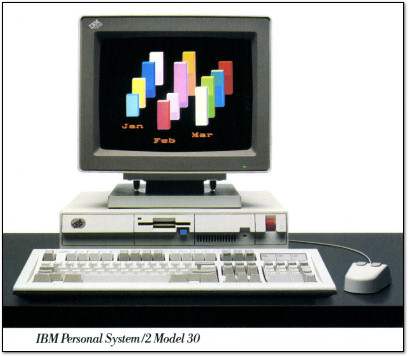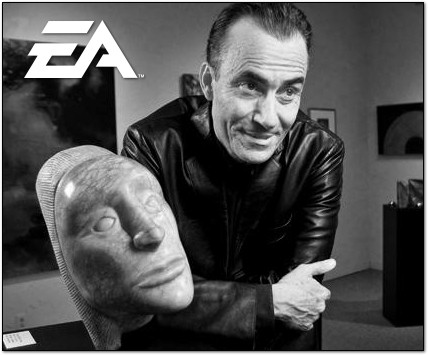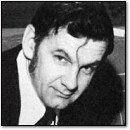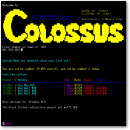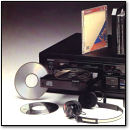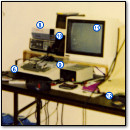Benj’s Macworld and TechHive History Roundup
Saturday, March 23rd, 2013

I last updated you on my Macworld work back in January. Since then, I’ve been busy writing more historically-minded pieces for the site as well as its sister site, TechHive. Below you’ll find a list of the ones I haven’t mentioned yet on this blog in convenient digest form.
- 01-30-2013- The Little-Known Apple Lisa: Five Quirks and Oddities
- 02-08-2013 – The History of Electronic Board Games
- 02-11-2013 – The Mac Color Classic, 20 Years Later
- 02-16-2013 – Abandoned Apples
- 02-18-2013 – Evolution of the Smartwatch
- 03-01-2013 – The Evolution of Apple Pointing Devices
- 03-15-2013 – Teach Your Old iPod New Tricks
- 03-22-2013 – Apple’s Five Most Important Displays
Phew. I’ve been busy! Of those eight pieces, the Apple Lisa one can’t be missed. Plenty of interesting little-known history there. The Mac Color Classic and Abandoned Apples pieces are some of my favorites as well.
I’m not sure, but I get the feeling from the lack of comments on my Apple-related posts that not many Apple or Mac fans visit VC&G. Not quite sure why that is, but if you’re out there, let me know.
